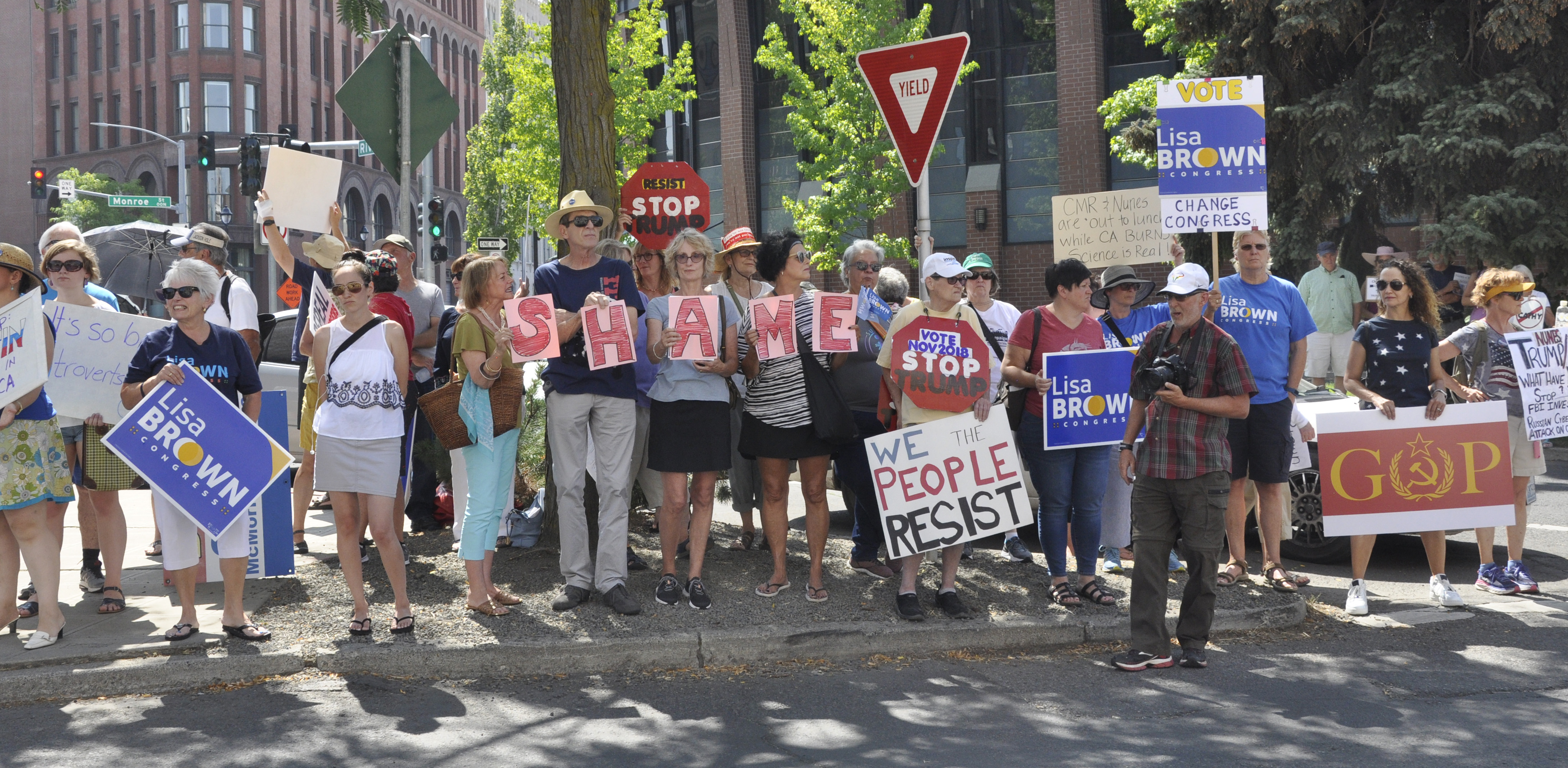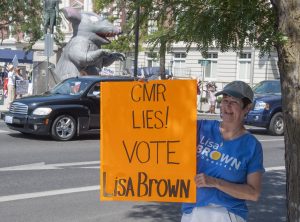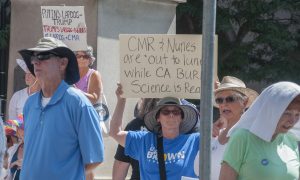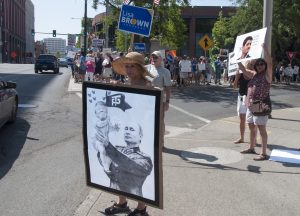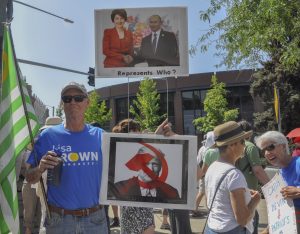The Psychological Makeup of the “True Believer” in Eric Hoffer’s Book
Eric Hoffer’s “The True Believer: Thoughts on the Nature of Mass Movements” (1951) is a seminal work that examines the psychology of individuals who become deeply committed to mass movements, whether political, religious, or social. Hoffer’s analysis focuses on the motivations and characteristics of these “true believers” and the conditions that make mass movements thrive.
Key Psychological Traits of the True Believer
1. Discontent with the Present Self: True believers often feel a deep dissatisfaction with their personal lives. They see themselves as ineffectual, powerless, or insignificant and seek to escape this reality by merging their identity with a larger cause or movement [1]. Hoffer argues that this dissatisfaction drives people to seek meaning and purpose in something external, often leading them to embrace ideologies that promise radical change.
2. Desire for Certainty and Simplicity: True believers are drawn to movements that offer clear, black-and-white answers to complex problems. They crave certainty and are often intolerant of ambiguity or nuance.
3. Willingness to Sacrifice Individuality: Hoffer notes that true believers are willing to subordinate their individuality to the collective identity of the movement. This allows them to feel part of something greater than themselves, which can be empowering but also leads to fanaticism.
4. Frustration and Resentment:!Many true believers harbor feelings of frustration and resentment, often directed at society, elites, or other groups they perceive as responsible for their struggles. This resentment fuels their commitment to the movement and their willingness to fight for its goals.
5. Faith in a Glorious Future: True believers are often motivated by a vision of a utopian future promised by the movement. This vision gives them hope and a sense of purpose, even if it requires sacrificing the present [2].
6. Susceptibility to Leadership: Hoffer emphasizes that true believers are often drawn to charismatic leaders who embody the ideals of the movement and provide a sense of direction and unity.
Comparison to Modern “True Believers”
The psychological traits Hoffer identified remain relevant today and can be observed in the followers of contemporary political figures like Donald Trump, Kamala Harris, Barack Obama, and Bernie Sanders. While the specific ideologies and movements differ, the underlying motivations and behaviors of their most ardent supporters often align with Hoffer’s analysis.
- Donald Trump: Many of Trump’s most devoted supporters exhibit traits of true believers, such as a strong desire for certainty, resentment toward perceived elites, and faith in Trump’s promises to “Make America Great Again.” His charismatic leadership and ability to channel frustration into a cohesive movement resonate with Hoffer’s description of mass movement dynamics.
- Kamala Harris and Barack Obama: Supporters of Harris and Obama often emphasize their hope for a more inclusive and equitable future. While their movements may not exhibit the same level of fanaticism as others, the faith in their leadership and vision for change reflects some of the psychological traits Hoffer described, particularly the desire for a better future and identification with a collective cause [2].
- Bernie Sanders: Sanders’ supporters often align with Hoffer’s analysis of frustration and resentment, particularly toward economic inequality and corporate power. His movement’s focus on systemic change and a vision of a more just society appeals to those seeking meaning and purpose through collective action.
Key Differences in Modern Contexts
While the psychological makeup of true believers remains consistent, modern mass movements are shaped by new factors:
- Social Media: Platforms like Twitter and Facebook amplify the reach of mass movements, allowing true believers to connect and organize more easily. This can intensify the sense of belonging and reinforce ideological echo chambers.
- Polarization: Modern politics is highly polarized, which can deepen the divide between opposing groups of true believers and increase the intensity of their commitment.
- Polarization: Modern politics is highly polarized, which can deepen the divide between opposing groups of true believers and increase the intensity of their commitment.
- Diverse Ideologies: Unlike the mid-20th century, today’s mass movements span a broader range of ideologies, from progressive to conservative, reflecting the complexity of modern societies.
Conclusion
Eric Hoffer’s insights into the psychology of the true believer remain strikingly relevant in understanding the dynamics of modern mass movements. Whether supporting Donald Trump, Kamala Harris, Barack Obama, or Bernie Sanders, true believers today share many of the same psychological traits Hoffer identified: dissatisfaction with the present, faith in a better future, and a willingness to subordinate individuality to a collective cause. However, the tools and contexts of modern movements—such as social media and political polarization—have added new dimensions to the phenomenon.









